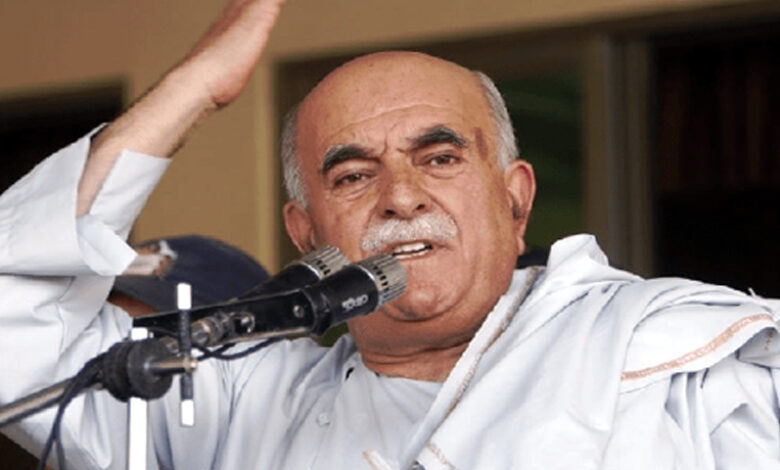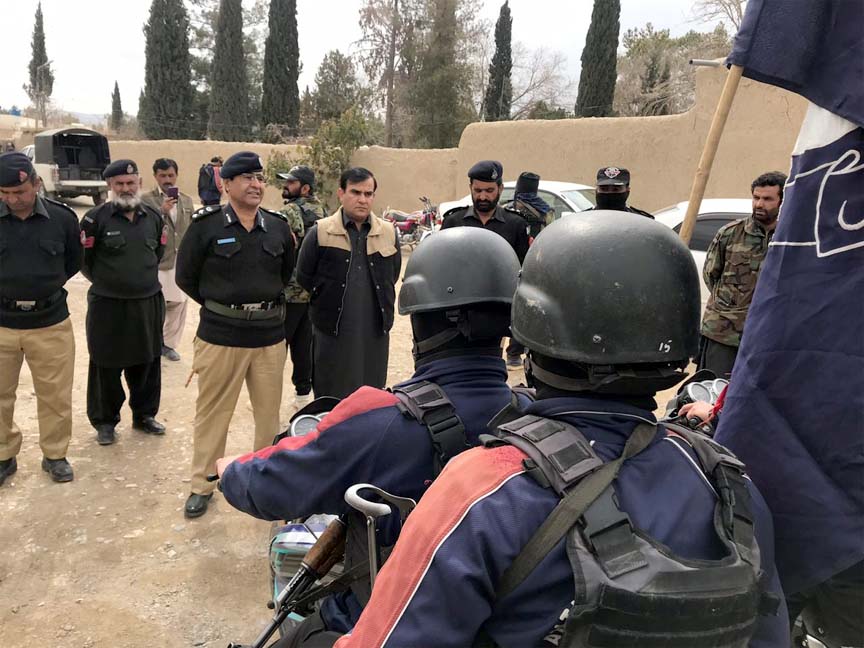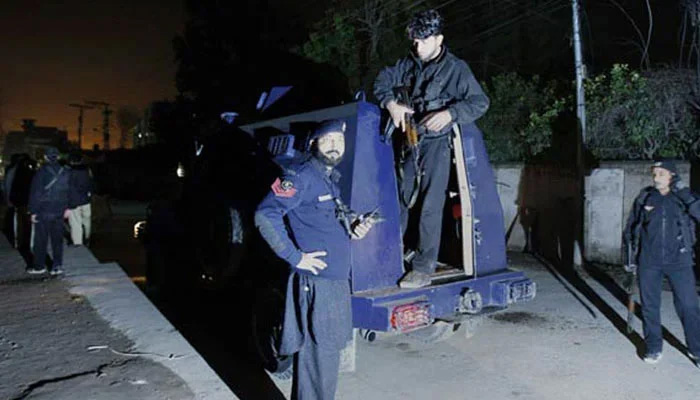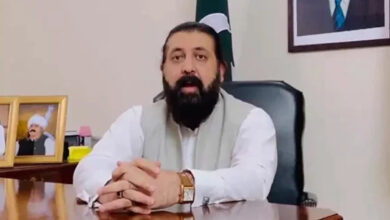Mehmood Khan Achakzai Calls for Equal Representation and Constitutional Rights in Pakistan

Lahore/Quetta: A seminar titled “26th Constitutional Amendment and Constitutional Crisis” was held by Lahore Bar Association and High Court Bar Association, with Makhdoom Khan Achakzai, the leader of Pashtunkhwa Milli Awami Party and Tehreek-e-Tahaffuz-e-Aini, presiding over the event. In his presidential speech, Achakzai passionately discussed issues surrounding the constitution, the army’s role, and the need for equal representation for all ethnic groups in Pakistan.
Achakzai began by criticizing the military and political establishment, particularly focusing on their disregard for the Constitution. He expressed that he viewed the alleged “treachery” of his elders as their steadfast loyalty to the Constitution, even when some military leaders trampled on it. He pointed out that while Pakistan’s military is often hailed as the army of the entire nation, it has predominantly represented the interests of just four districts, with the people of Balochistan, Sindh, Khyber Pakhtunkhwa, and Seraiki regions often left out of the decision-making process.
He emphasized the importance of a fair and inclusive system where all ethnic groups — Baloch, Pashtun, Sindhi, Seraiki, and even the marginalized Punjabi — must have a say in the running of the country. According to Achakzai, the military and political elite have largely ignored the constitutional promises of equality and justice, leaving minorities at a disadvantage. He further lamented that the Pakistani military has often imposed itself on the country’s affairs, undermining democratic processes and constitutional guarantees.
Achakzai criticized the political and judicial elites who, he argued, have often betrayed the spirit of the Constitution and allowed the military to impose its own agenda. He recounted the hardships faced by his ancestors, who were imprisoned for challenging the One Unit policy and fighting for equal rights for all regions within Pakistan. His personal connection to these struggles was also evident as he recounted his father’s imprisonment for advocating for a fairer Pakistan.
He also addressed the state of Pakistan’s economy, emphasizing the country’s fragile economic condition and highlighting how, despite being a nuclear power, Pakistan has been dependent on external financial institutions like the IMF. Achakzai stressed that the nation’s political and economic systems must reflect the needs and aspirations of all its people, not just a select few.
Drawing from the teachings of renowned philosopher and poet Allama Iqbal, Achakzai called for a Pakistan where every ethnic and linguistic group is respected, and no one is treated as a second-class citizen. He rejected the idea of a Pakistan where the rights of Baloch, Pashtun, and other minorities are disregarded. According to Achakzai, a genuine Pakistan can only emerge when all its people, regardless of ethnicity, language, or religion, are given equal opportunities.
In his concluding remarks, Achakzai proposed a vision for a new Pakistan — one where the Constitution is supreme, and all citizens, whether from Balochistan, Sindh, Khyber Pakhtunkhwa, or Punjab, have an equal stake in the country’s future. He also expressed his frustration with the lack of accountability in Pakistan, where political leaders are jailed and punished, but those who have undermined the Constitution remain unaccountable.
Other leaders also spoke at the seminar, and a large number of lawyers attended to show their support for Achakzai’s vision. The event highlighted the ongoing constitutional crisis in Pakistan and the need for reform to ensure fairness and inclusivity for all citizens, regardless of their background or region.





